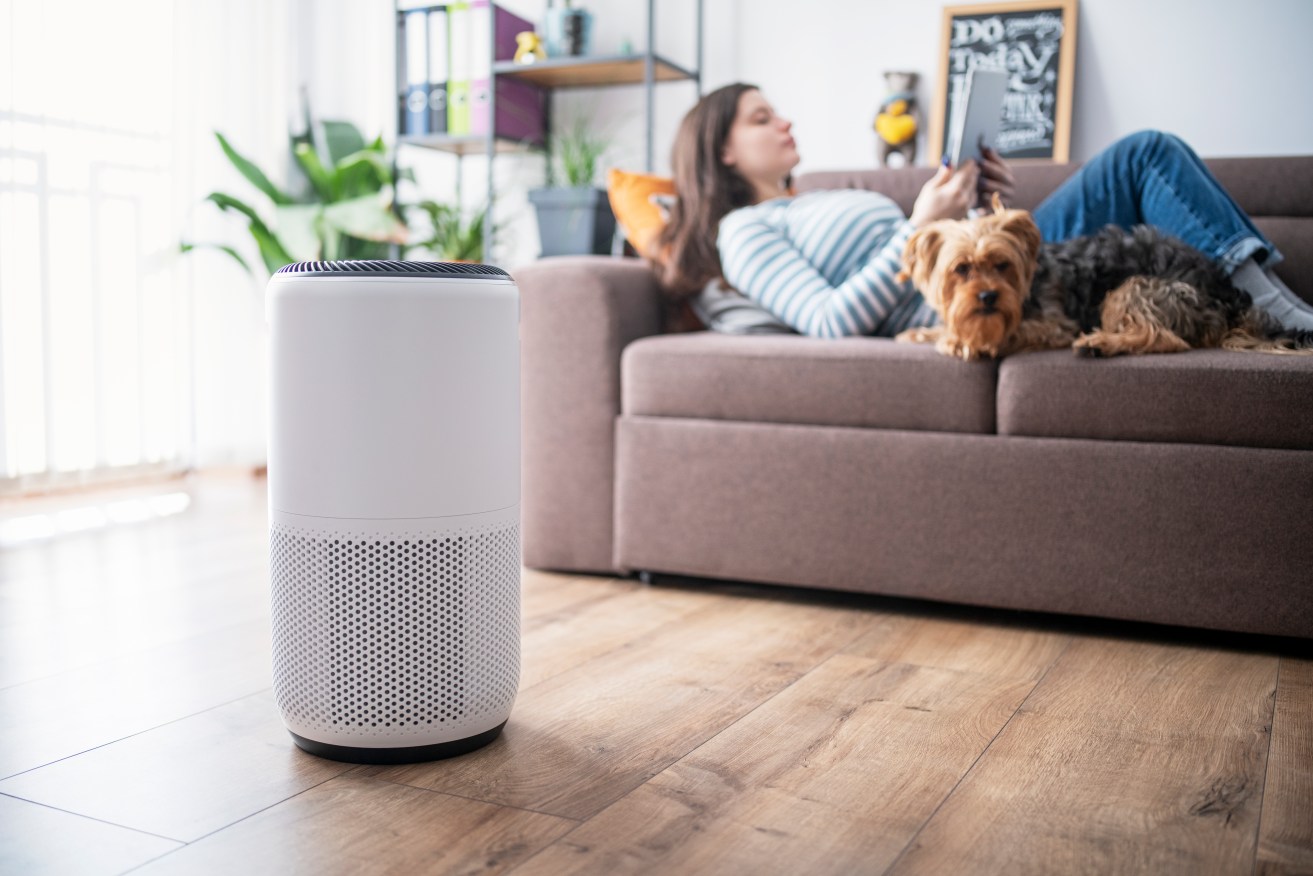Air filtration systems didn’t reduce the risk of COVID-19


For more reliable ventilation it may be best to open a couple of windows. Photo: Getty
In 2021, the Victorian government spent more than $113 million on air purifiers for school classrooms. The purifiers were meant to help prevent the spread of COVID-19 among children and teachers.
There was no data to suggest they worked beyond providing some psychological comfort.
“If investing that money meant people felt more comfortable having schools open, that was important in terms of the psychological response,” Dr Phoebe Williams, an infectious diseases paediatrician at the University of Sydney told The Sydney Morning Herald in June.
“But it’s a very evidence-free zone, without any clear evidence of benefit with a lot of cost involved.”
Meanwhile, infection among children soared
Victorian government data, released under Freedom of Information laws this year, showed very high levels of infection when students headed back to schools.
“It seems clear COVID was still able to spread,” Dr Brendan McMullan, chair of the Australian and New Zealand Paediatric Infectious Diseases Group, told the SMH.
The Victorian government appears to have followed in the well-intentioned footsteps on large companies and government bodies in the US, Europe and UK – including the National Health Service. During the pandemic there was widespread investigation of air filtration as a means of making social interactions safer in indoor spaces.
New research found it simply does not work to contain the virus. Emerging research suggests it might have worked a little bit.
Devastating new study
According to new research from the University of East Anglia, air filtration systems “do not reduce the risk of picking up viral infections”.
Further, the scientists found “little to support hopes that these technologies can make air safe from respiratory or gastrointestinal infections”.
The problem seems to be one of translating success in the laboratory to success in real-life settings.
The scientists note that there is “a lot of existing evidence that environmental and surface contamination can be reduced by several air treatment strategies, especially germicidal lights and high efficiency particulate air filtration”.
But the combined evidence was that “these technologies don’t stop or reduce illness”.
In other words, “they are not effective in the real world”.
How did they reach this conclusion?
They analysed evidence about microbial infections or symptoms in people exposed – or not – to air treatment technologies in 32 studies, all conducted in real world settings like schools or care homes.
Lead researcher Dr Julii Brainard, also from UEA’s Norwich Medical School, said:
“The kinds of technologies that we considered included filtration, germicidal lights, ionisers and any other way of safely removing viruses or deactivating them in breathable air.
The researchers said:
“There was some weak evidence that the air treatment methods reduced likelihood of infection. But this evidence seems biased and imbalanced.
“We strongly suspect that there were some relevant studies with very minor or no effect but these were never published.”
Controversially, “so far none of the studies of air treatment started during the COVID era have been published”.
Findings disappointing
The scientists described their findings as “disappointing”. They said it was vital that public health decision makers have a full picture.
“Hopefully those studies that have been done during COVID will be published soon,” said Dr Brainard.
Only then can we “make a more informed judgement about what the value of air treatment may have been during the pandemic”.
The new study is yet to be peer-reviewed.
Well, actually
According to New Scientist, COVID-19 sick days were 20 per cent lower in UK schools with air-cleaning HEPA filter machines.
These are the findings of “an eagerly-awaited” randomised trial.
The results are yet to be published in a peer-reviewed journal.
New Scientist advises that some people are wondering why it took so long for these findings to be made public.
In the meantime, keep a window open and allow your rooms to be naturally ventilated.








